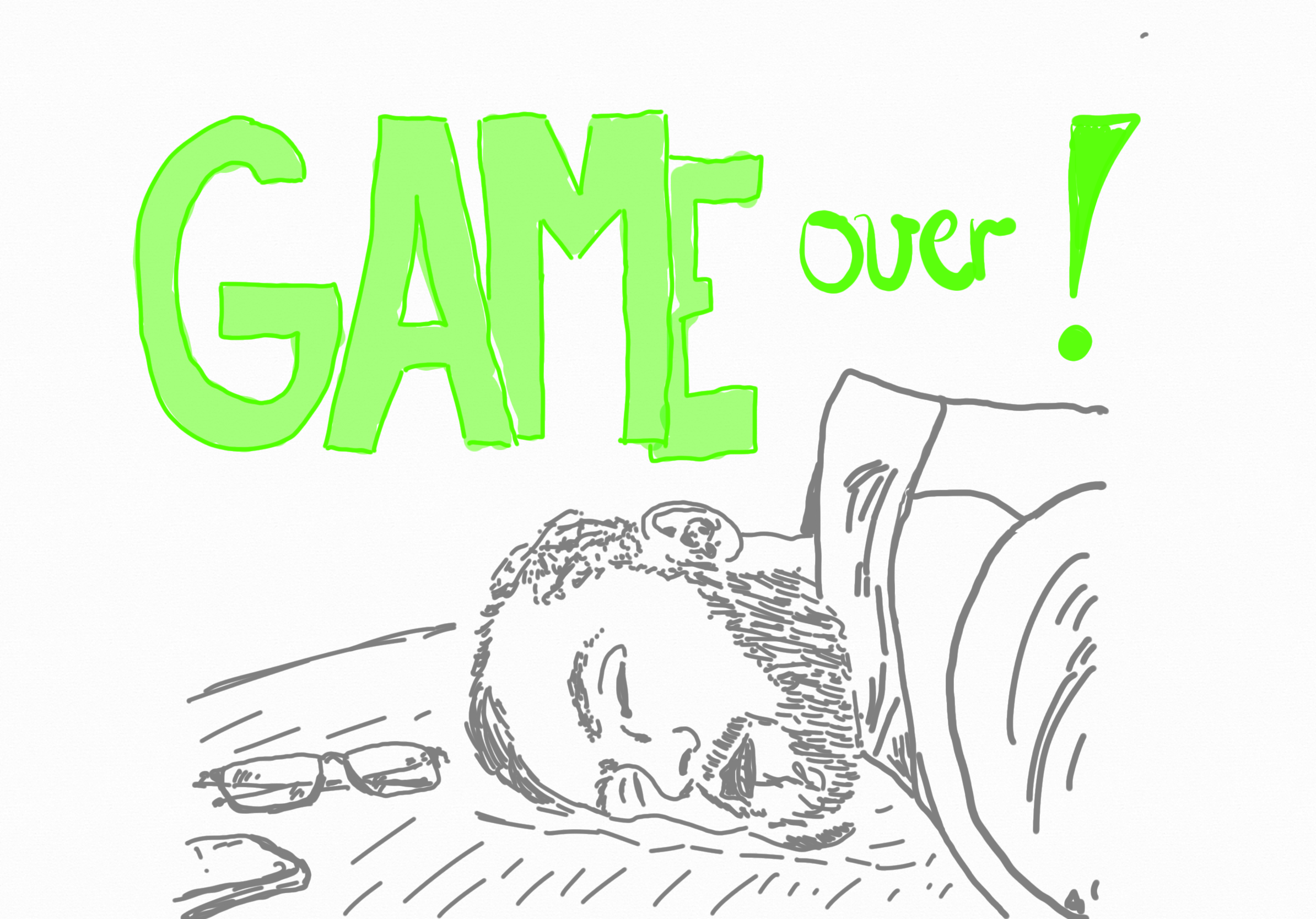 Doing a lot of research work on complexity and chaos theory over the last few years gave me a profound understanding on how complex social systems work and develop. Designing and doing also a lot of Leadership Development programs for large global corporations as well as smaller SME‘s and startups at the same time showed me, that the gap between those two worlds became bigger and bigger over the last years. While I am more and more convinced, that an understanding of complexity and complex adaptive systems is essential for understanding how organizations work, many companies have still a very different worldview.
Doing a lot of research work on complexity and chaos theory over the last few years gave me a profound understanding on how complex social systems work and develop. Designing and doing also a lot of Leadership Development programs for large global corporations as well as smaller SME‘s and startups at the same time showed me, that the gap between those two worlds became bigger and bigger over the last years. While I am more and more convinced, that an understanding of complexity and complex adaptive systems is essential for understanding how organizations work, many companies have still a very different worldview.
In the scientific community, there is a big discussion going on since the 1990ies, what kind of impact „strong leadership“ has for the success or failure of a company, or even one step further, if there is any impact of individual leaders as a person on the success of a company at all.
My experience ist, that a lot of companies and HR departments do not question this traditional worldview of individualistic, person-centric approach of the heroic and powerful leaders not heavily enough or not at all and continue with the traditional LD programs: Talents and leaders are still selected based on heroic leadership skills or traditional tests that favour individual personal characteristics over context and network related perspectives. Also, LD programs are often still designed in a way, that they teach the traditional understanding of leaders and leadership teams, which emphasise the ability to „control“ the desired future of the organisation by one or a few leaders.
But there is light at the horizon: Talking more and more about agile organisations, self-organized teams and self-organization on the overall level of the organisation become more and more fashionable and encourage more people to talk about alternative views. We do not just need to implement new methods like SCRUM, etc. on the company level to succeed – we also have to rethink, what „good“ talent management and leadership development means.
A lot of traditional theories on leadership believe, that the right traits, behaviours or leadership styles (which changed over the last decades several times) are the core success factor. Unfortunately there is no universal research being able to prove this holistically and without any restrictions. As a kind of excuse, context factors were used to limit the validity of the research results. A general theory on leadership is still missing and all of the common concepts are deterministic and assume a kind of final stable equilibrium state. The more we move away from the stable equilibrium of the efficient machine-oriented organizational model into a world, where innovation and intrapreneurhip is expected and believed to ensure the survival of the organization, the more we need to discuss about complexity and the characteristics of complexity as an alternative view. One core element of complexity theory is the idea of emergent self-organization, which means that system behaviour is not driven by a central leader, but emerges from the individual and independent behaviour alike and interactions of all complex (human) individuals.
But why is it the case, that the traditional leadership theories are still so popular in most of the organizations? One assumption is, that it is always difficult to change a common system and mindset. It is like the example of the QWERTY typewriter keyboard layout. The layout was developed in times of mechanical typewriters to avoid problems with the mechanics. And although there are several more ergonomic layouts, the QWERTY is still there and not questioned any more. The same seems to happen with the leadership concepts and the foundation of current LD programs. Another reason might be, that most of the senior management had their business school education at a time, where complexity theory was not available or popular. His might lead, combined with risk adverse behaviour, that a lot of leaders do not want to try something new, as long as they do not have the pressure to do so.
But what do leaders really do, if they are not able to manage change directly or control future outcomes of impacts, as traditional leadership research suggests? And what does this mean for Leadership Development? The integration of complexity theory into Leadership Development programs help leaders to reflect their behaviour in a different way. Concepts like network theory, emergence, chaos theory, synergetics, Cynefin, etc. need to find their place not just in the academic theory but also in Leadership Development programs. Understanding these theories are a good starting point, but not enough for the natural application in daily business. Leaders need exercises and experiments in LD programs, that allow them to experience these principles of complexity and chaos in a way that allows them to see the world with other eyes and be well prepared for the future of business. Dealing with complexity might be a domain, that gives us as humans (at least a temporary) advantage against machines and algorithms.
Some more concrete examples and ideas on how this can be done will follow in future blogposts.







Leave A Comment